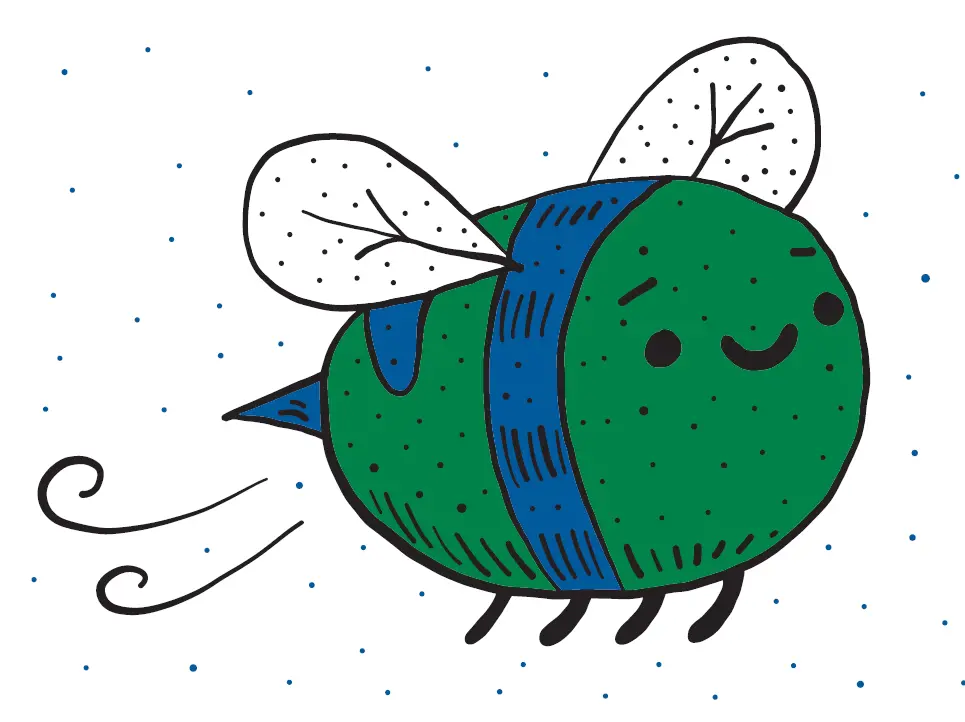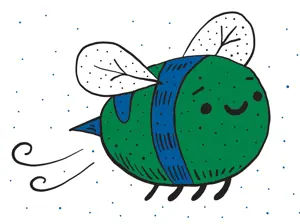25/04/2022
The portfolio of FCC insect hotels is growing.

World Bee Day will be celebrated on 20th May and FCC is already well prepared for the festivities. The insect hotel project that our company introduced, just in time for last year’s World Bee Day, has grown through the last year and this spring.
In addition to the insect hotel in Zistersdorf, Austria, we have also introduced new hotels for bees and other insects in 3 of our Polish locations - in Zabrze, Tarnobrzeg and Biala. Our colleagues in the UK haven’t been left by the wayside either, joining the project in March this year and launching their own hotel in Buckinghamshire.
These hotels for pollinators are realised using old organic-waste bins, which we’re pleased to be able to bring back to life:
- In Tarnobrzeg /Tarnobrzeski Park Recyklingu
- In Zabrze /Śląski Park Recyklingu
- In Biała /Składowisko Odpadów niebezpiecznych zawierających azbest
And, this is only the beginning. Our activities will continue through the summer and in the autumn we plan to sow new flower meadows in Zabrze, as well as establishing another 3 hotels at these three locations. We are ready to support the project in other countries too, so that our hotel chain can continue to grow.
.jpeg)
Did you know that?
Thanks to bee research, we are gaining fascinating new information about the life of bees and their abilities. The honey bee is considered a very special organism, one of the most amazing ‘super-organisms’ on the planet.
 In winter, bee colonies have about five thousand individuals and in summer up to sixty thousand.
In winter, bee colonies have about five thousand individuals and in summer up to sixty thousand.- In a hive there is one queen and about 5-10% drones, the rest being worker bees. The drones are important because they help to ventilate and heat the colony.
- A drone comes from an unfertilised egg and has no father. It only has one set of chromosomes and so its genetic information is identical only to the mother.
- Bees have special muscles which they use to purposefully produce heat. Some bees produce more heat energy than others, by up to 3°C in the hive, while other members don't produce any heat at all.
- Bees can determine their location accurately to within 10 cm and, unlike humans, they can see UV light.
- Because bees have a different visual perception of colour - a shift towards blue in their colour spectrum - it means that they actually perceive the colour red as being closer to black.






